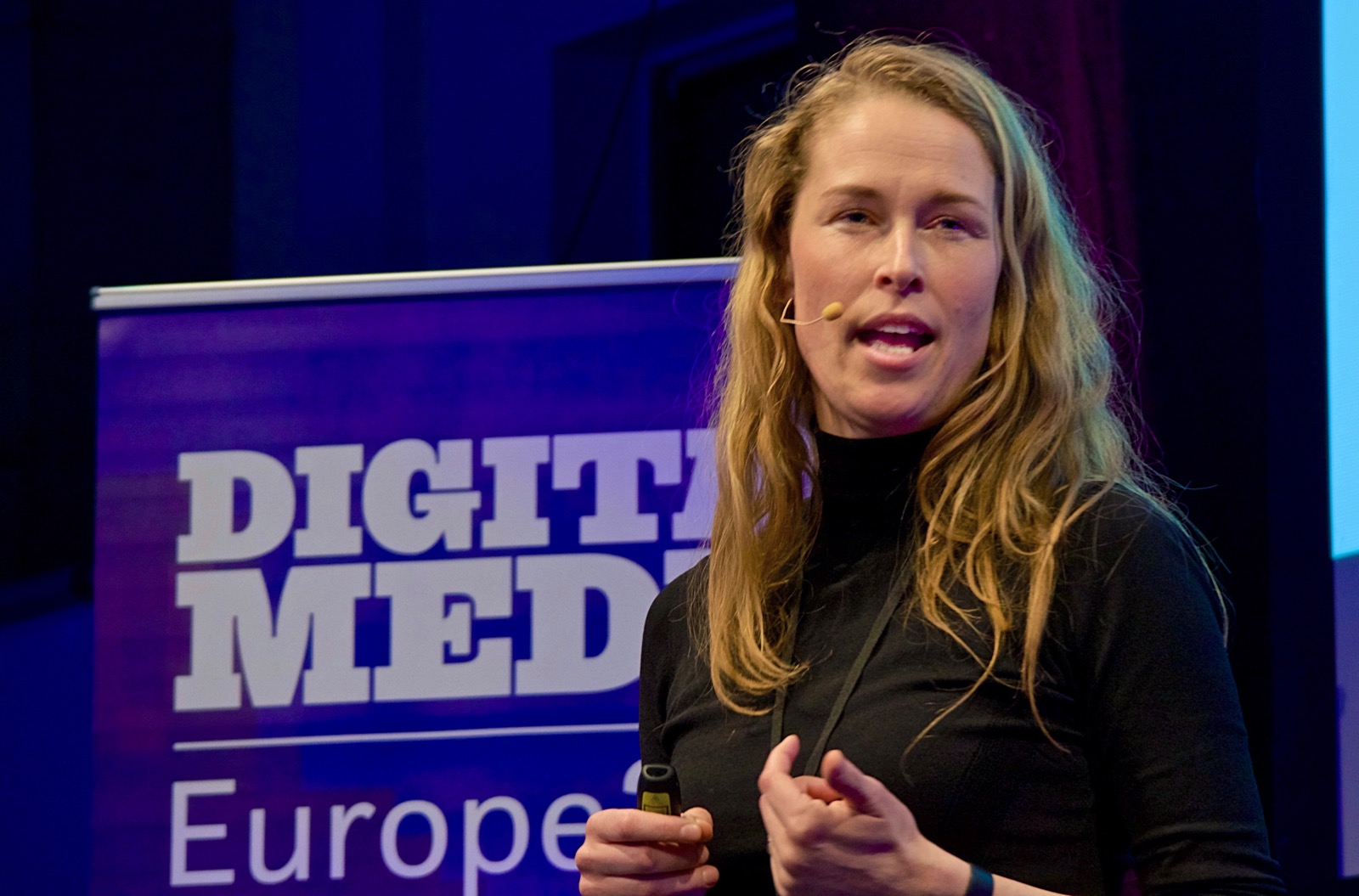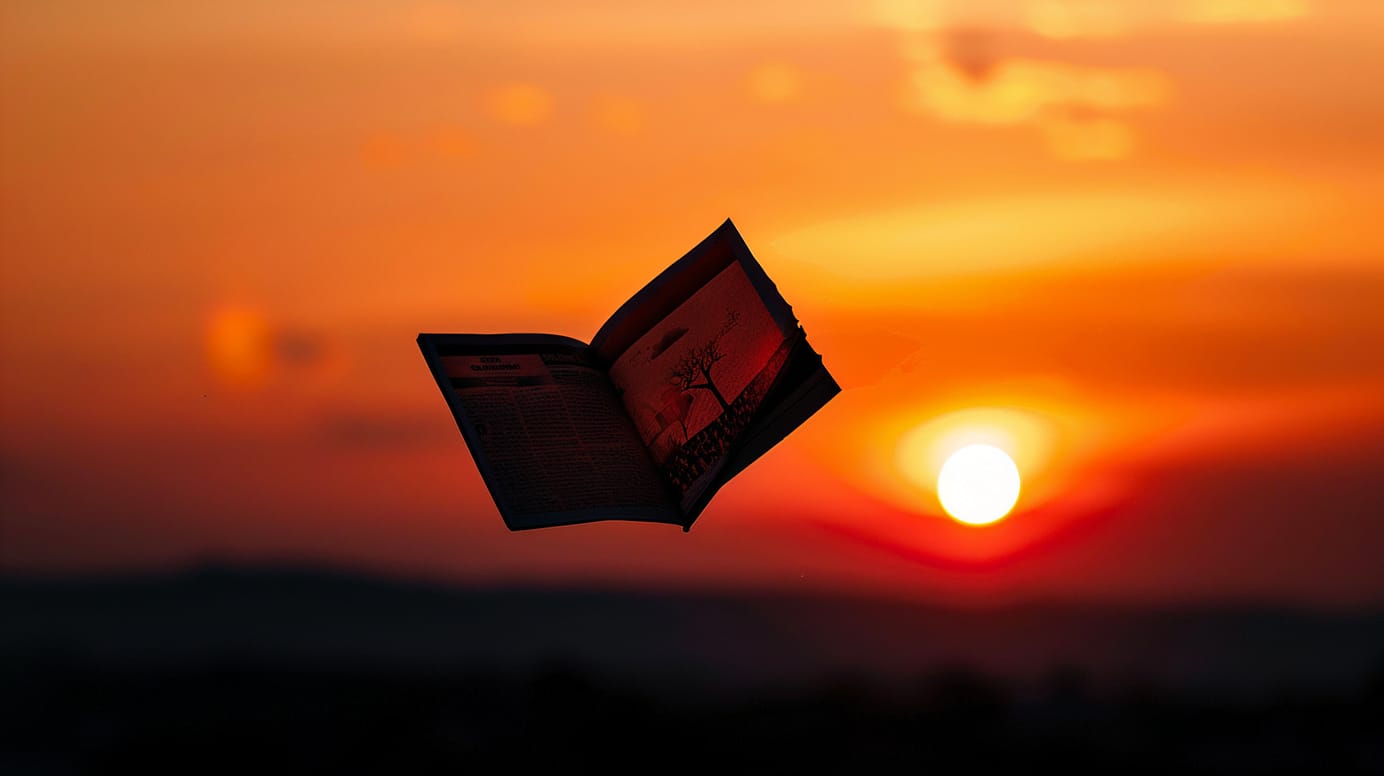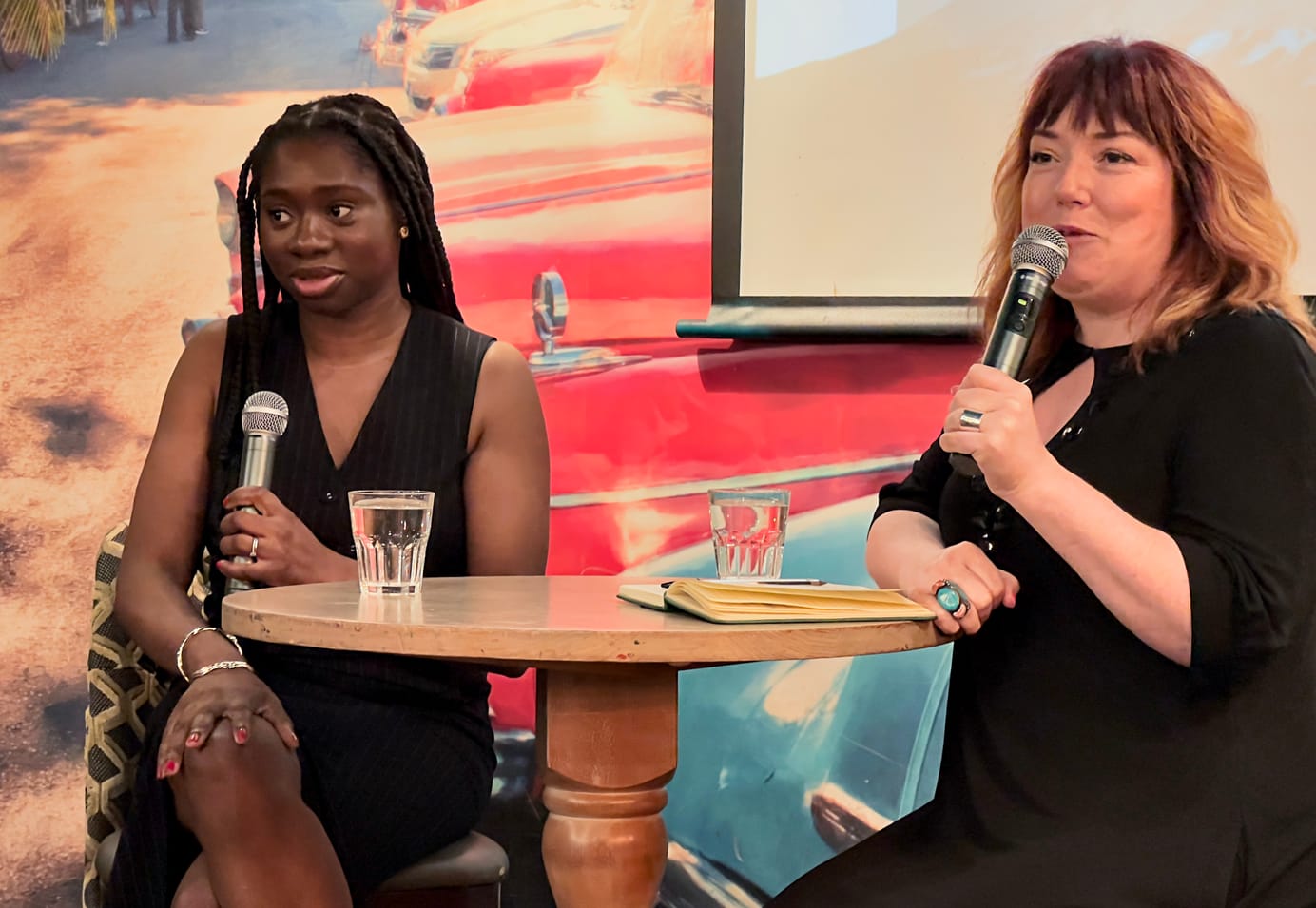
Zetland: journalism as (profitable) community service
Another set of liveblogged notes from Digital Media Europe 2017. Typos, inaccuracy and howling crimes against grammar and syntax probable.
Lea Korsgaard, Editor-in-Chief, Zetland, Denmark

Do you create a community to monetise it? No. You create a community to serve it. If you are to build community, you need to be very precise about the answer to the key question of:
Why are we here?
Their answer?
We are here to make sense. Not news.
To give insight. Not mere information.
The world does not need more information. We’re on top of the biggest mountain of information in history. What they lack is insight – how to make sense of all this information. Fake news is less of a problem than an industry that favours conflict over understanding. That favours sensationalism over a long-term view. Why did no-be see Trump coming? Why did no-one see the financial crash coming?
Journalists are too interested in what is happening now, not long term developments.
Zetland publishes at 5am, with four or five stories a day. It’s finishable. There’s no stream. It’s not endless. That’s a key part of the strategy. It’s ad-free. We try to sort through the noise and focus on what really matters. In its current form it launched in March 2016, and has 7000 members. It reaches 1000,000 to 300,000 people per month. Grows 10 to 50 people a day, and are aiming to hit 11500 by the end of the year. They have a staff of 24.
No cash in media? @LeaKorsgaard & year-old startup @ZetlandMagasin have 7000 subs paying €13/mth. That's €1092000/yr. Not too shabby #DME17 pic.twitter.com/YIohuDUCJa
— Jon Wilks (@jonniewilks) April 24, 2017
They have a “generous” paywall. The journalist wants readers. The user wants to share good stories. Paying users can share content – so they are the ones who find new readers for the journalists.
What makes people pay for news?
Journalism is a service. What can we do for the community?
Why do people pay for news? Loyalty? Why do they become loyal? A relationship. An intimate relationship (without sex…) Personality and character matter. You don’t gain authority by talking from a pedestal. You gain it from being part of the audience – talking to the audience. Have a tone of voice. Have a personality. Entering Zetland is like entering a clever, interesting, witty dinner party.. Journalists need to be more than names or bylines – they need to be real people. You need to feel that someone made this. You need to feel that someone is eager to give you the best service.
Ask you readers for help. Ask them for sources or contacts.
You need to be transparent. We invite the members behind the scenes, and tell them what’s happening in the business. Here’s how we spend you money. Here’s the 10 biggest mistakes we made this year. Here’s why it’s awkward that my mother has just become the minister of culture.One Zetland staffer's mom was named Denmark's culture minister. She wrote a note to explain the situation. #DME17
— Joseph Lichterman (@ylichterman) April 24, 2017
I don’t think the classic news voice is something people want to pay for.
A conversational tone of voice matters – it’s much closer to the oral tradition.
Getting up close and personal with your readers
Meeting the community is key. They have Zetland Live – a magazine on stage. A 90 minute show made up of stories from reality. It works. The event doesn’t finish with the show – it continues into the bar, where the staff can learn from the members. This isn’t scalable – but there’s a hunger for this community events, where you focus together on something at the same time. They end the event with a song, everyone singing together.
You shouldn’t just remember that you serve a community once a year, but every day. And you should ask yourself of every article idea “would I pay for that?” If you won’t, why would anyone else?
Business Culture 3.0 @ZetlandMagasin put their management notes on Slack for all to see, and they have communal folk singing everyday #DME17 pic.twitter.com/rBqxPUDRMl
— Jon Wilks (@jonniewilks) April 24, 2017
They do everything they can to prevent silos developing internally. Everyone has lunch together at 12pm. No excuses. If you want to be a dinner party for the readers, they have to create that for themselves.
Best times at #dme17 pic.twitter.com/l9PTPzyTg5
— Matej Loncaric (@MatejLoncaric) April 24, 2017
Sign up for e-mail updates
Join the newsletter to receive the latest posts in your inbox.










